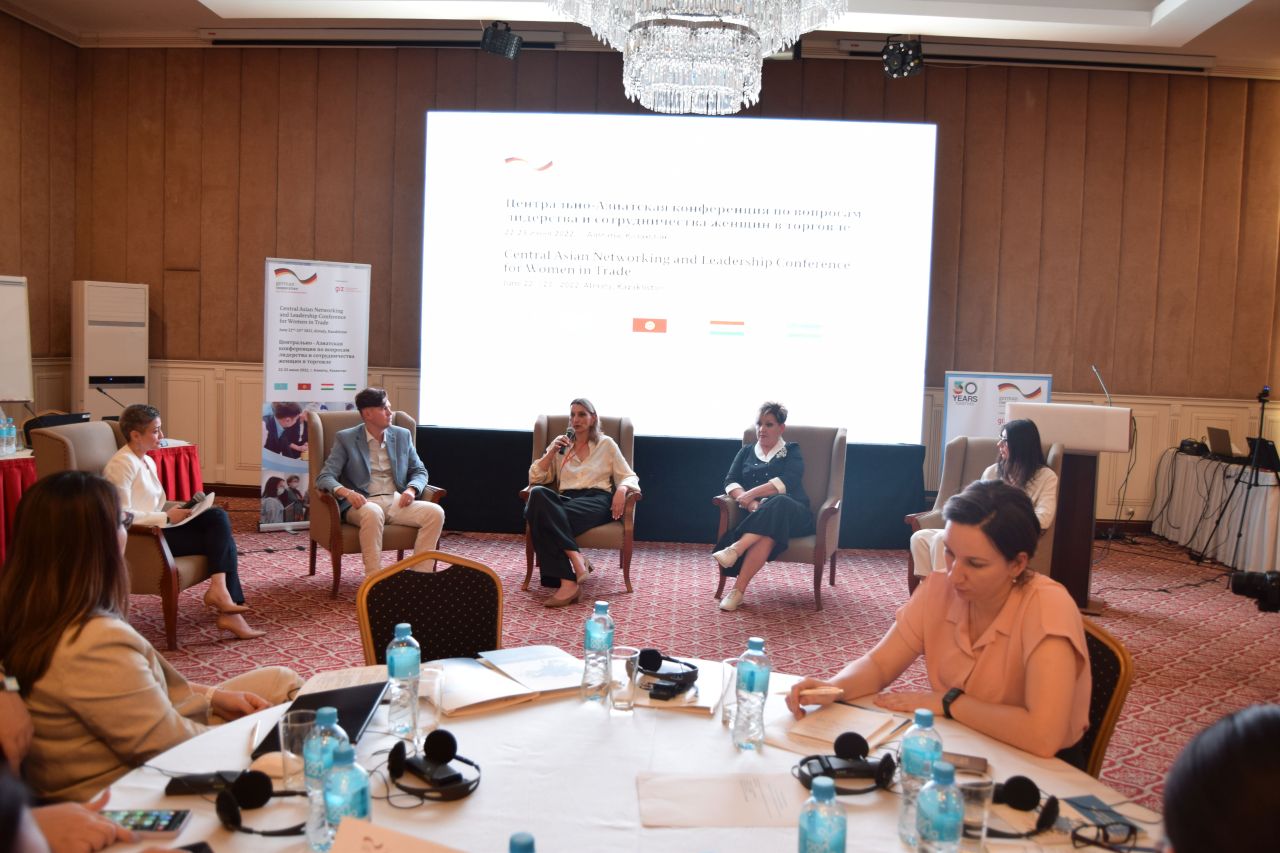Strongly devoted to strengthening of training capacities and enhancement of skills of staff in the Central Asian customs agencies, BOMCA initiated partnership with the project ‘Trade Facilitation Central Asia’ implemented by Deutsche Gesellschaft für Internationale Zusammenarbeit (GIZ) Ltd within its 3rd Component. Through signing a Memorandum of Understanding in April 2022, both projects committed to provide further support to the regional economic integration processes by implementing joint trade facilitation efforts in Central Asia.

As a result of the fruitful partnership, seven videos focusing on such topics as intra-agency and inter-agency cooperation in import, export and transit procedures, trade facilitation in the field of inbound and outbound traffic as well as risk management and related areas have been produced. These video materials provide beneficiary countries with an opportunity to get an insight into the customs work of the European Union customs administrations and are a stimulus to advance the work of control services in Border Posts of the Central Asian countries. The videos will further be used to enrich training process by replacing study visits abroad, where it is applicable, as well as to support distance learning activities in situations when there is no internet connection.
At the end of June, the first screening of the videos took place during a Virtual Study Tour in the framework of the Regional Meeting of the National Trade Facilitation Committees of the Central Asian countries in Almaty (Kazakhstan). The participants of the meeting have favourably received the videos expressing strong interest in the topics themselves as well as in the very method of conducting the study tour.
Therefore, both projects greatly contributed to facilitating quick and effective border controls, based on modern risk management techniques in order not to disrupt trade flows in a fast-moving economy through creating a sustainable tool to share EU good practices and strengthening professional skills of the Central Asian Customs staff.
